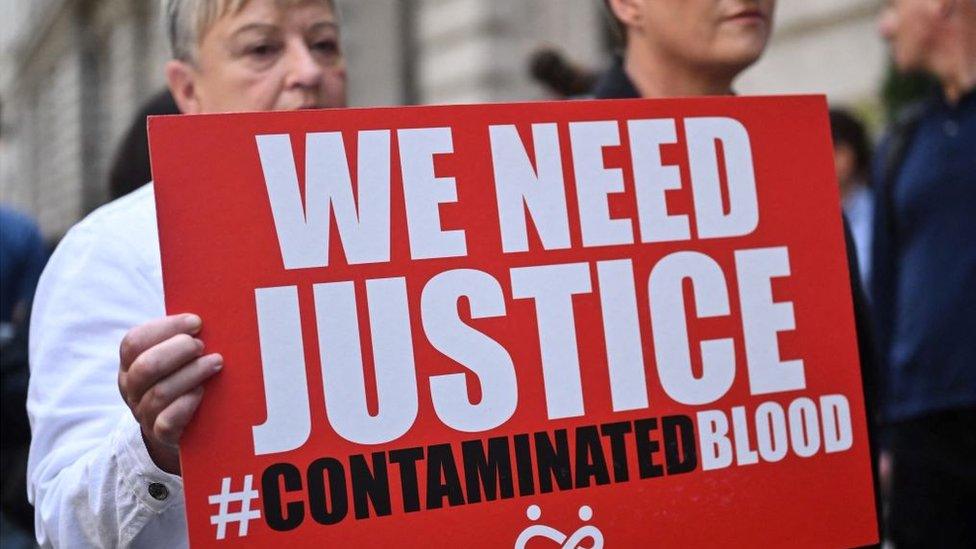Infected blood victim mum 'treated like a sample'
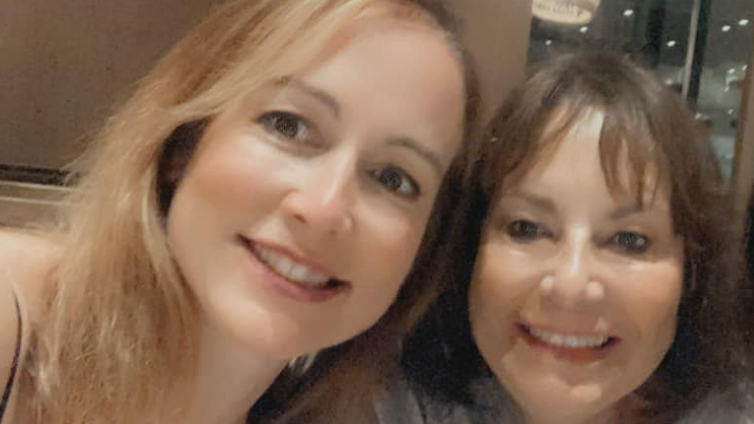
Debbie Kemp is raising awareness of her mother, Susan Wakeling, who was a victim of infected blood
- Published
A woman said her mother was "treated like a sample, rather than a person" after she contracted hepatitis C during the infected blood scandal.
Debbie Kemp's mum, Susan Wakeling, from Bramford near Ipswich, was diagnosed after a transfusion in the 1970s.
Doctors told her to keep the diagnosis quiet due to stigmas at the time, and she died in October before the outcome of the infected blood inquiry., external
Mrs Kemp said her family felt they were now "her voice" and wanted to see justice for victims.
Mrs Wakeling experienced complications after giving birth to Mrs Kemp in 1972 and needed a blood transfusion.
"It later transpired the blood she was given was contaminated with hepatitis C," Mrs Kemp, who lives in nearby Great Blakenham, explained.
"The blood had been imported from overseas and had not been fully screened.
"Around this time, thousands of other people in the UK were also given insufficiently screened blood or plasma that infected them with hepatitis or HIV."
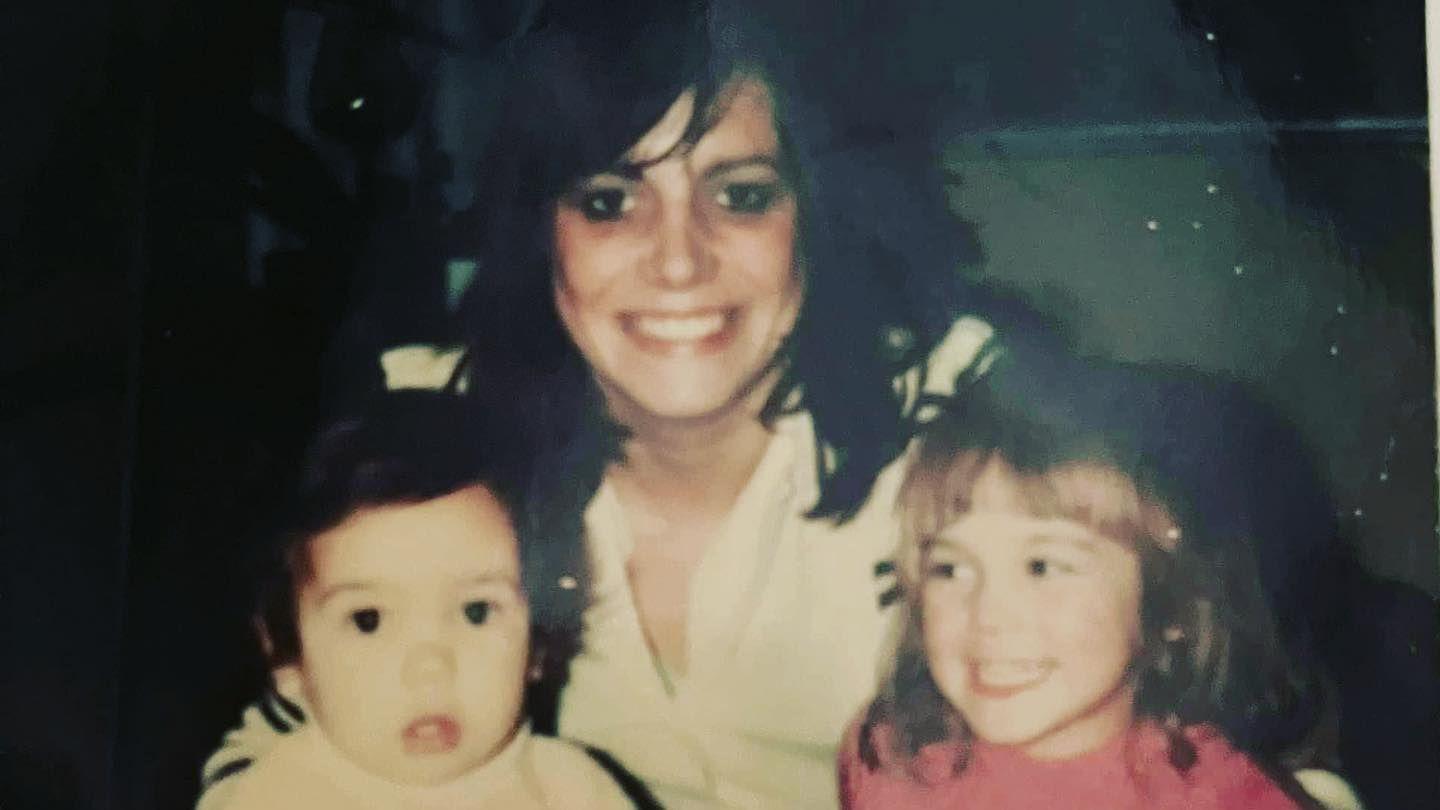
Susan Wakeling was infected with contaminated blood after giving birth to her daughter Debbie
According to The Hepatitis C Trust, more than 3,000 people died after contracting the diseases, while 30,000 became severely ill.
It was not until 28 years later, in 2000, when Mrs Wakeling was donating blood, that she was first told she had hepatitis C, after doctors found antibodies in her blood.
"She was told to keep the information to herself or in a very small circle as there was a chance she would be rejected by her community," Mrs Kemp added.
She said her mother was offered no counselling or support after her diagnosis.
"She was then called in for a series of medical appointments, scientific appointments and she had blood taken and biopsies," she continued.
"She was treated like a sample, rather than a person."
In 2014, Mrs Wakeling was told the hepatitis C could become more aggressive and was given a six-month course of interferon drug treatment, which Mrs Kemp said took a hard toll on her health.
"She wasn't able to function for six months under this treatment," she said.
"She didn't want to ever show she was in pain, so she hid a lot of it and it was hard for us to see her silently suffering."
The interferon treatment led to a persistent cough, which doctors put down to a number of things, including Covid, a nasal drip and even that Mrs Wakeling was tired.
"It turned out, unfortunately, she had got cancer that had gone undetected for so long they weren't able to treat it," Mrs Kemp said.
"That was the final insult to injury."
Mrs Kemp said doctors even tried to educate her mother about not sharing needles, which she had never used in her life.
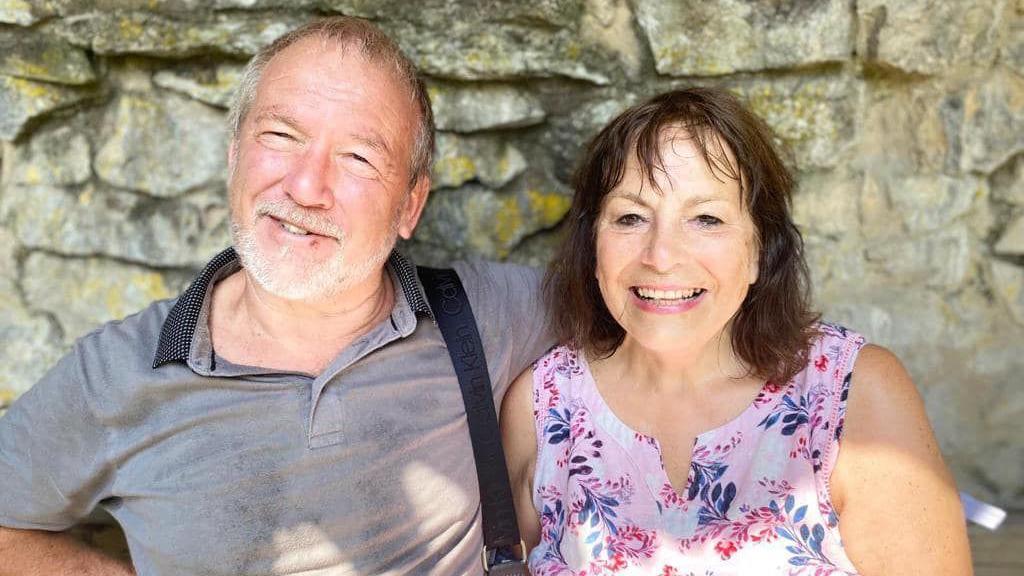
Mrs Wakeling met her husband Bob when they were teenagers in Suffolk
Mrs Wakeling never shared her diagnosis with anyone other than immediate family.
Mrs Kemp said her mother did not want to be considered a "lesser person" due to her diagnosis.
"We didn't judge her or see her as any different to what she was - she was still our mum and she was amazing," Mrs Kemp added.
Mrs Wakeling passed away from cancer in October at the age of 73 and was never able to read the final outcome of the inflected blood inquiry, which will see a final report published in May.
"She was very upset because the government had had time to evaluate this," Mrs Kemp explained.
"Some campaigners had brought legal action to the government in 2017 and Theresa May then ordered an inquiry.
"But it's 2024 now. My mum was patiently waiting and trusted that, once it had been brought out, people would be held accountable."
'Dreadful scandal'
Mrs Kemp said her family felt they were now the voice for their mother.
"We hope that more effort will go into actually giving the infected and affected what they deserve - the end to their pain and suffering of waiting for people to be held accountable," she said.
A government spokesperson said the infected blood scandal "was an appalling tragedy".
"Our thoughts remain with all those impacted," they continued.
"We have consistently accepted the moral case for compensation, and that’s why we have tabled an amendment to the Victims and Prisoners Bill, which enables the creation of a UK-wide Infected Blood Compensation Scheme and establishes a new arms-length body to deliver it.
“We will continue to listen carefully to those infected and affected about how we address this dreadful scandal.”
Follow East of England news on Facebook, external, Instagram, external and X, external. Got a story? Email eastofenglandnews@bbc.co.uk, external or WhatsApp us on 0800 169 1830
Related topics
- Published18 April 2024
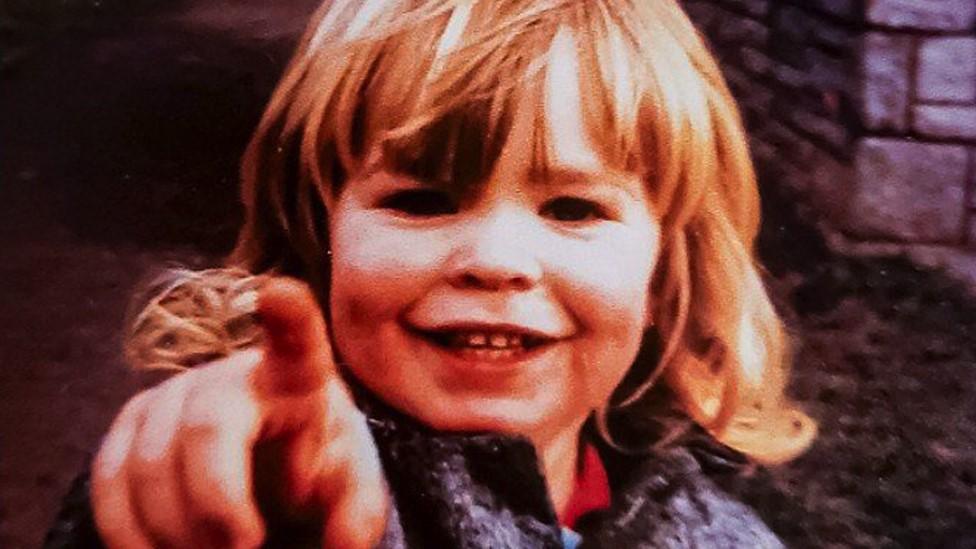
- Published14 April 2024

